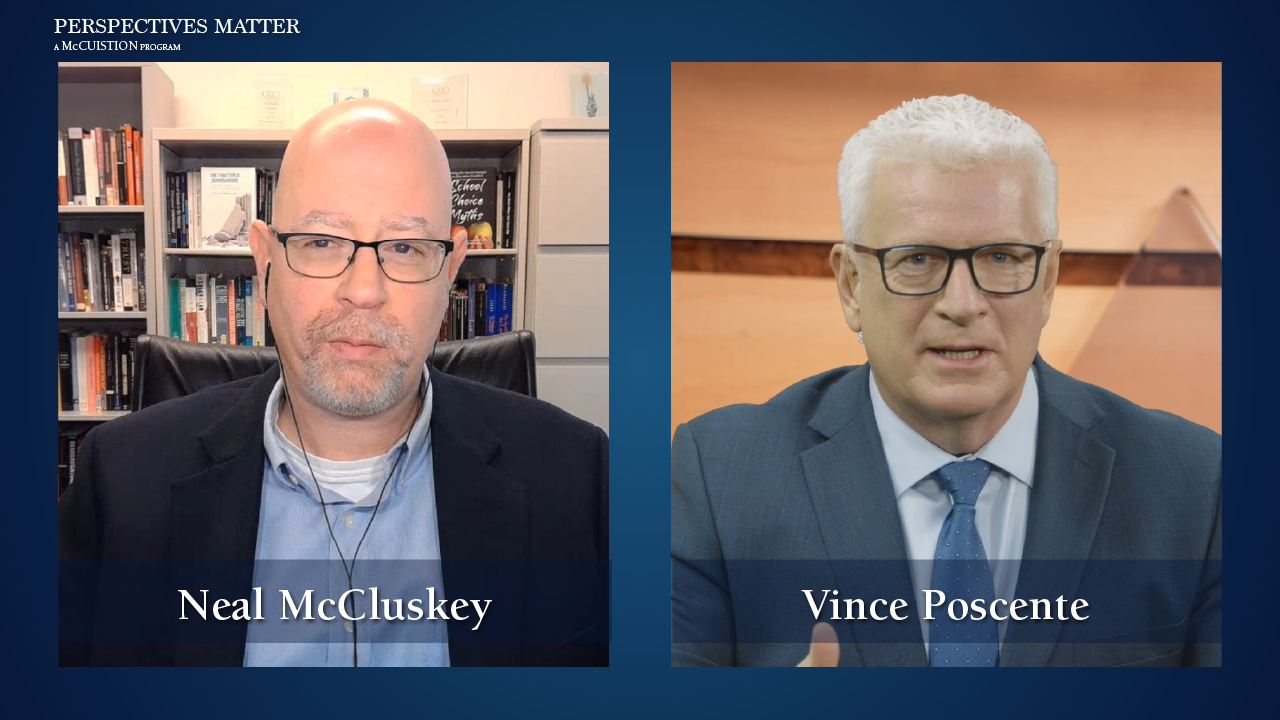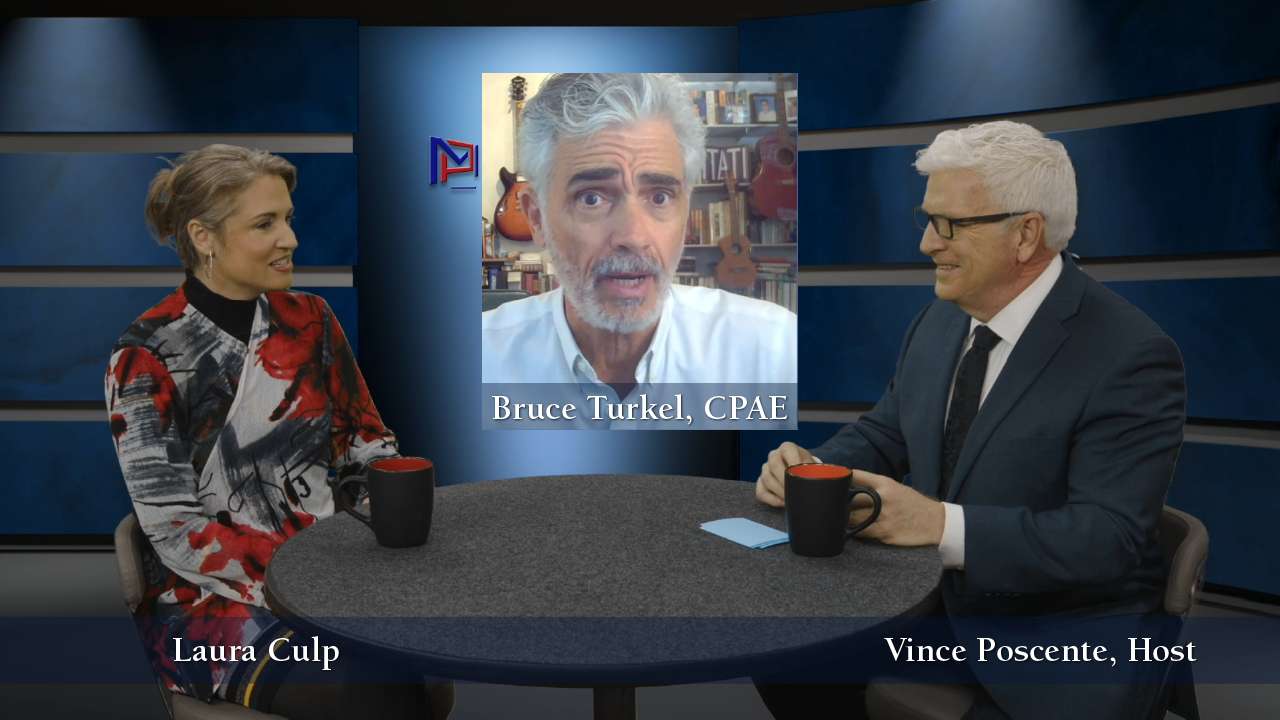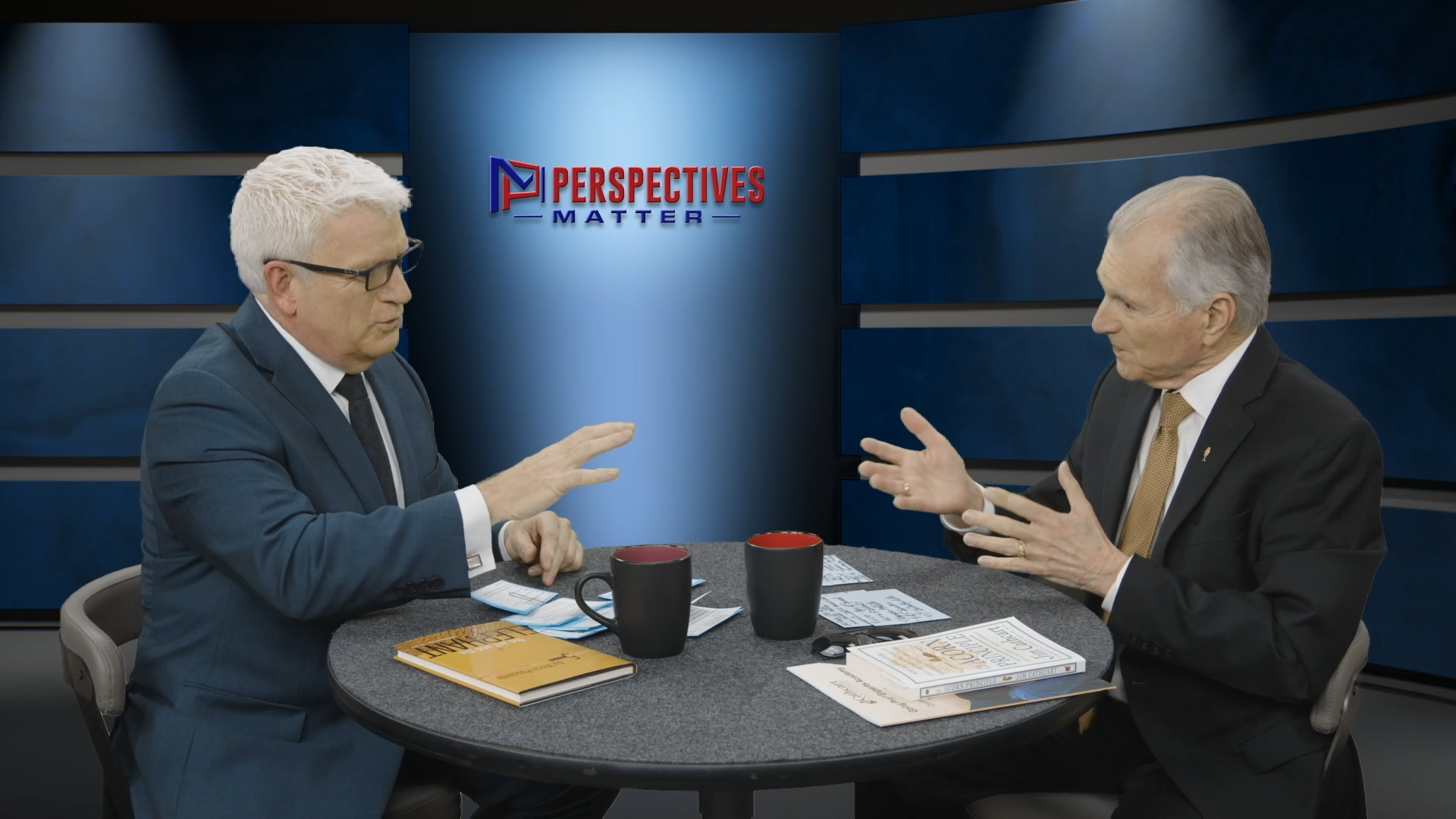It is fast becoming a national epidemic. According to the UN International Narcotics Control Board, Americans consume more opioids than any other country.

Left to Right: Ted Price, PhD, Ms. Lee FitzGerald, and Kevin Gilliland, PsyD
Opioid addiction killed an estimated 60,000 people in 2016, more than were killed in accidents or homicides in that same year. In 2002 deaths were estimated at 25,000. To date 2 million Americans are estimated to be addicted to opioids with 95 million Americans on pain prescription medication for acute and chronic pain.
The Centers for Disease Control and Prevention estimates that the total “economic burden” of prescription opioid misuse alone in the United States is $78.5 billion a year, including the costs of healthcare, lost productivity, addiction treatment, and criminal justice involvement.
- Ms. Lee FitzGerald: CADC Board Registered Interventionist Level I (BRI-I), (California Association of Alcohol and Drug Counselors; BRI-board-registered interventionist), who helped start the first Narcotics Anonymous group for women in Kathmandu, Nepal
-
Kevin Gilliland, PsyD: Executive Director of i360 which helps individuals and families overcome mental health, addiction and relationship challenges, along with phase-of-life struggles; author of Struggle Well Live Well, and
-
Ted Price, PhD: Neuro biologist, Associate Professor, School of Behavioral Science at University of Texas Dallas, Co-Founder of CERSCI, recipient of the Patrick D. Wall Young Investigator Award from the International Association for the Study of Pain
Be sure to watch more McCuistion TV programs on our website www.McCuistionTV.com.
***
2407 – 09.2017




